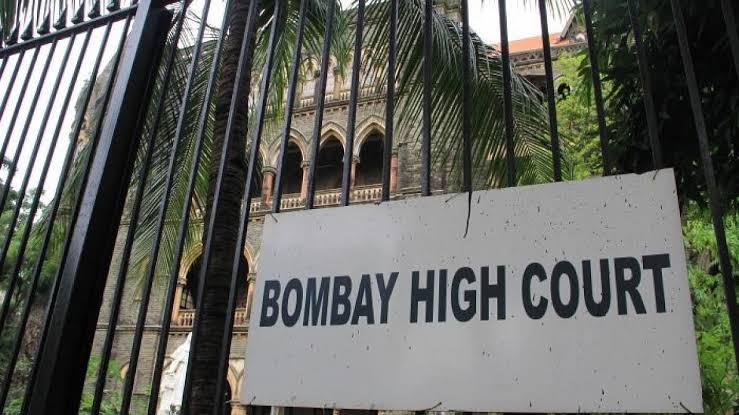Mumbai court acquitts defendants 18 years after train bombings. “No evidence”
The Bombay High Court has overturned the 2015 convictions of twelve men accused of carrying out the “7/11” attacks in 2006, in which 189 people were killed and over 800 injured. The judges ruled that the confessions had been obtained through torture. The charges were based on a flawed investigation and a presumption of guilt, denounced lawyer S. Muralidhar, highlighting the social stigma and devastation in the lives of the defendants, who had been imprisoned unnecessarily for years.
Mumbai (AsiaNews) – Eighteen years after the explosions that struck the Mumbai railway line on 11 July 2006, killing 189 people and injuring over 800, the Bombay High Court has overturned the convictions of 12 defendants, five of whom had been sentenced to death and seven to life imprisonment. The verdicts in relation to the ‘7/11’ attack, as it is known in India, were handed down in 2015.
In a ruling handed down today, Monday 21 July 2025, the special bench formed by Judges Anil Kilor and Shyam Chandak upheld the appeals filed by both the State of Maharashtra and the prisoners, observing that the prosecution had failed to prove beyond reasonable doubt the involvement of the defendants. The full reasoning behind the ruling will be made public in the coming days, but for now, the Court has concluded that it is “difficult” to believe that the defendants “could have committed the crime”.
In September 2015, the special court established under the MCOCA (Maharashtra Control of Organised Crime Act) had sentenced Kamal Ansari, Mohammad Faisal Ataur Rahman Shaikh, Ehtesham Qutubuddin Siddiqui, Naveed Hussain Khan and Asif Khan to death, as they were considered to be the perpetrators of the attack. The other seven – Tanveer Ahmed Mohammed Ibrahim Ansari, Mohammed Majid Mohammed Shafi, Shaikh Mohammed Ali Alam Shaikh, Mohammed Sajid Margub Ansari, Muzammil Ataur Rahman Shaikh, Suhail Mehmood Shaikh and Zameer Ahmed Latiur Rehman Shaikh – were sentenced to life imprisonment.
A thirteenth defendant, Wahid Shaikh, had already been acquitted in the first instance after spending nine years in prison. The Bombay High Court reported that the confessions of all the defendants ‘were found to be incomplete and untruthful’ and obtained through torture.
The appeals had been pending for over a decade, but in July 2024, following requests from some of the defendants for a speedy conclusion to the trial, a special division of the High Court was formed, which worked on the case for six months until yesterday's decision.
During the hearing, former Orissa High Court President S. Muralidhar defended two of those sentenced to life imprisonment, Muzzamil Ataur Rahman Shaikh and Zameer Ahmed Latifur Rehman Shaikh, denouncing serious investigative shortcomings and the prejudicial nature of the trial: ‘This is a flawed investigation,’ he said, "in which innocent people have been imprisoned and, after years, are acquitted with no chance of rebuilding their lives. In cases like these, the police start from the assumption of guilt, then build the evidence. The media decides in advance who is guilty and who is not,‘ while ’in many of these cases, the investigative agencies have often failed miserably." The investigation was conducted by the Maharashtra Anti-Terrorism Squad.
‘These people have been in prison for 17 years without ever leaving, and they have lost the best years of their lives. When they are released, they find no compensation or real justice. No one gets any real closure,’ Muralidhar added.
In his final appeal, the lawyer asked the judges to also take into account the social stigma affecting the defendants and their families: ‘It is not only the defendant who pays, but also their children, parents and relatives. Society is cruel: once you are tainted by a terrorism charge, no one looks at you in the same way.’







.png)










